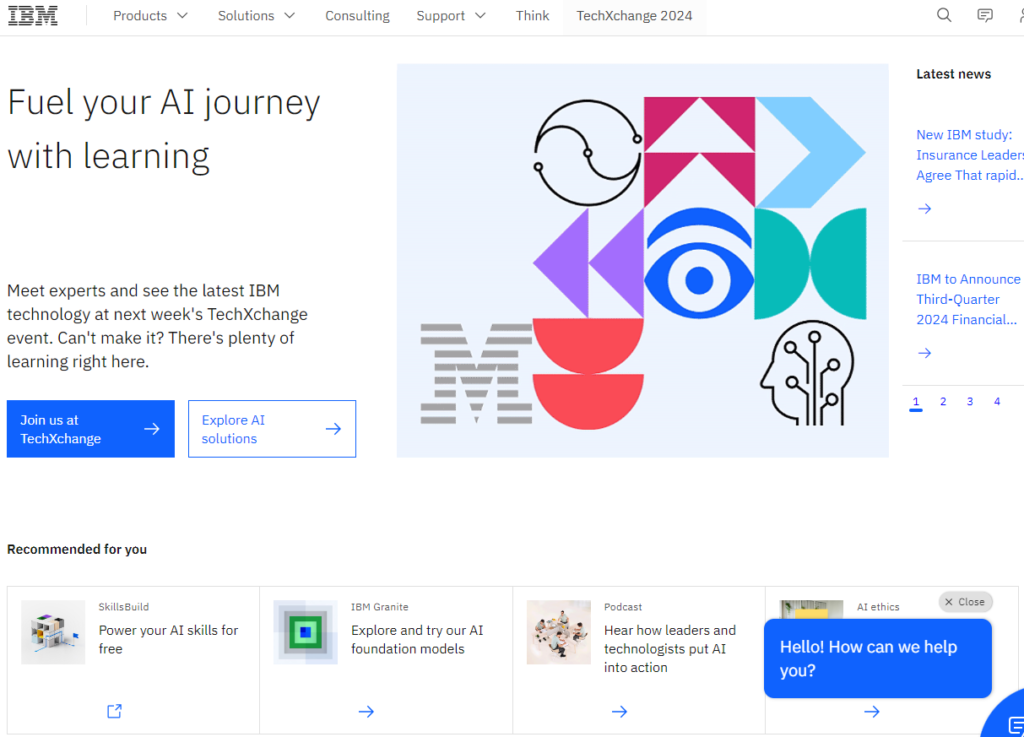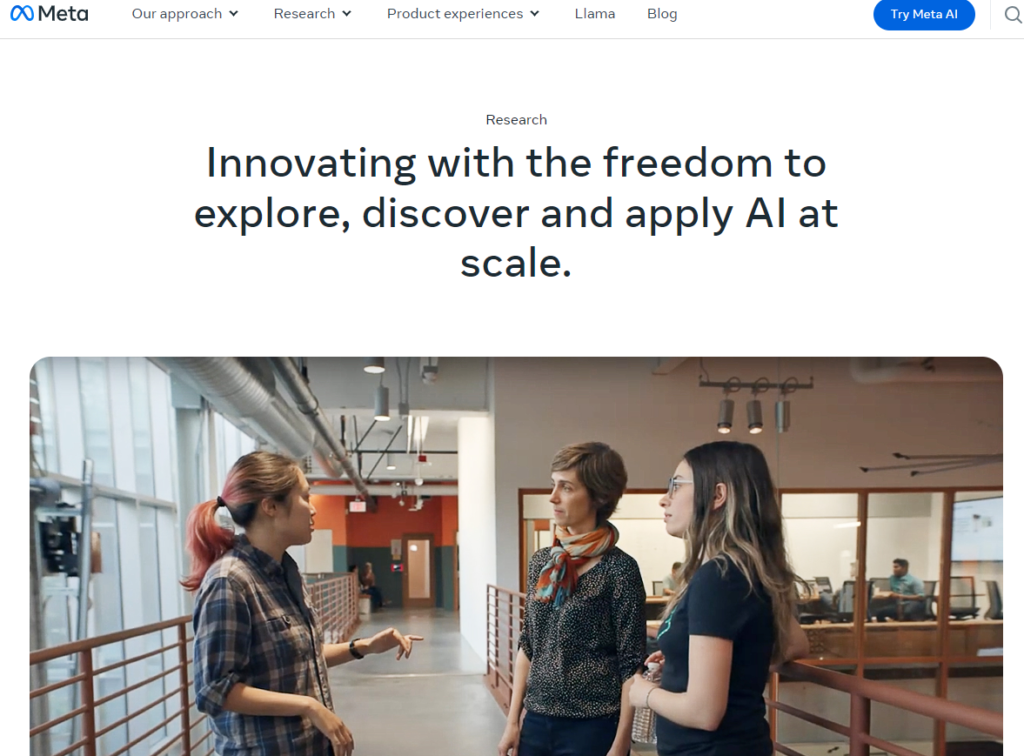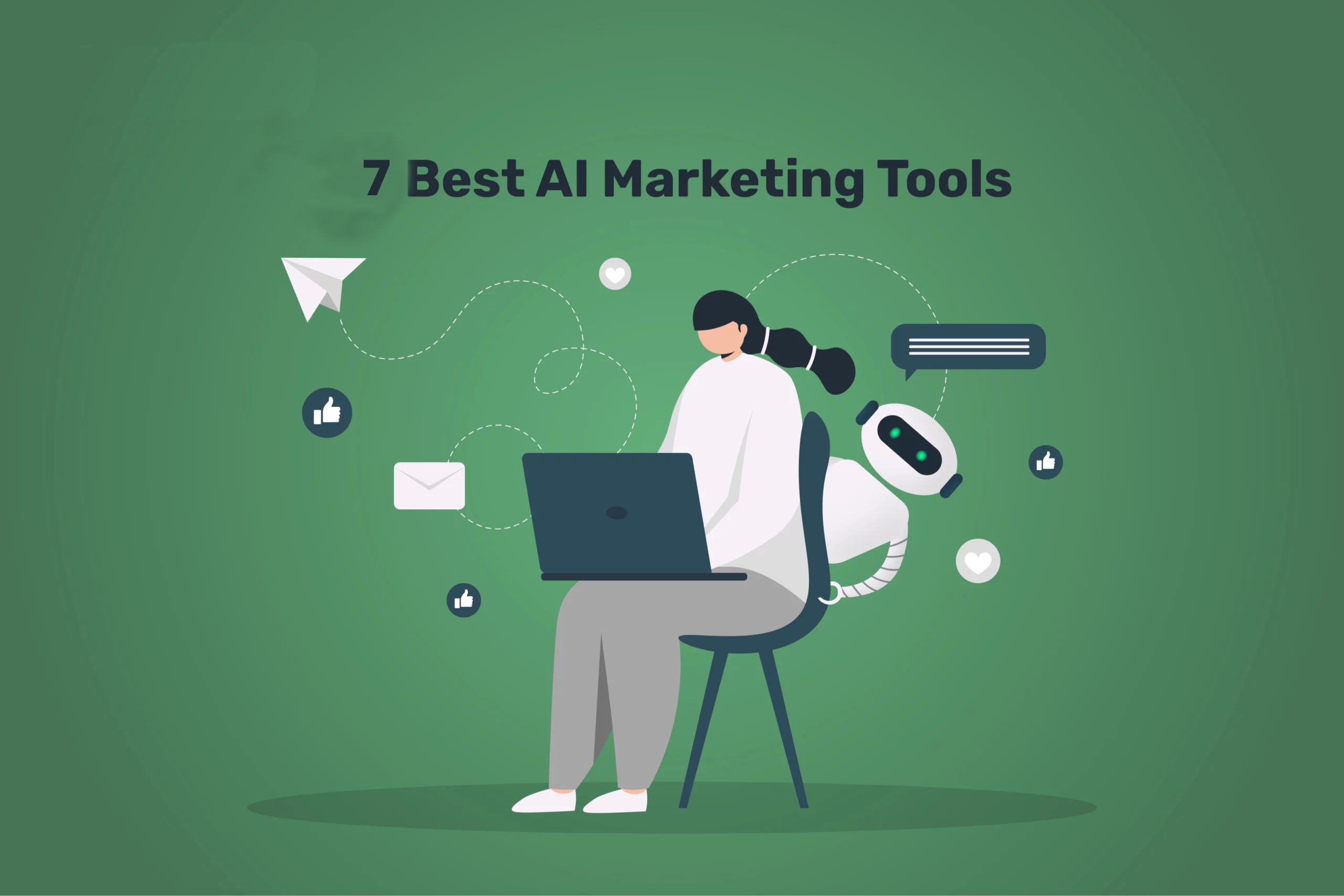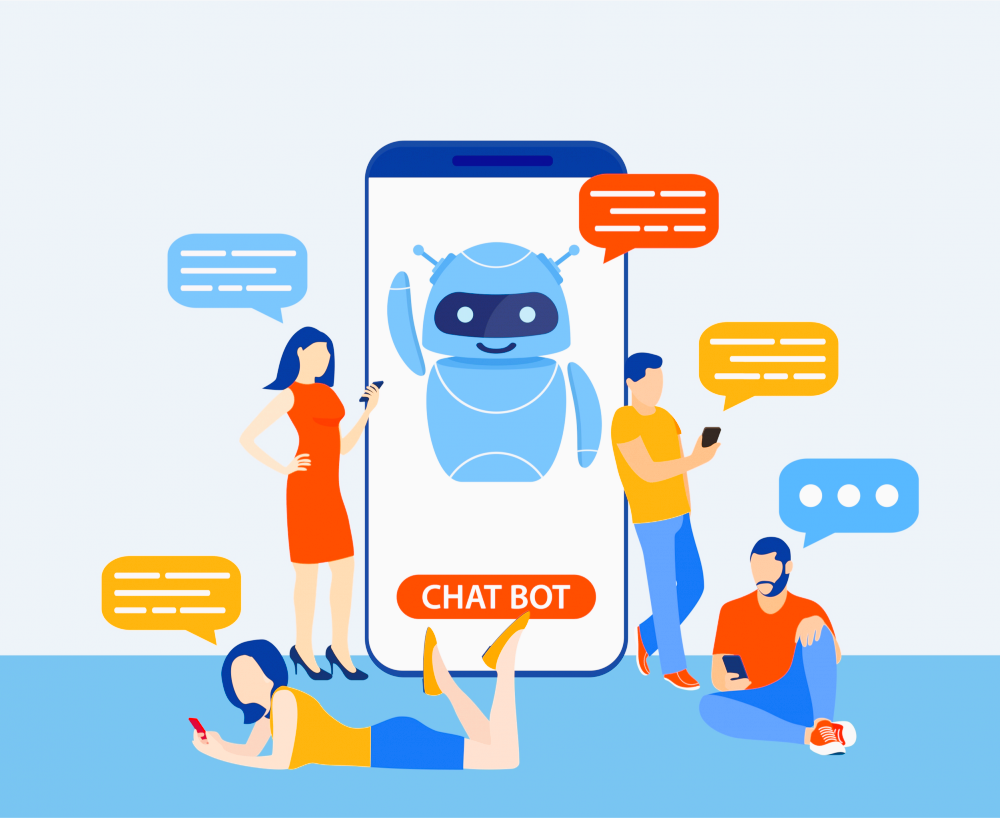Artificial General Intelligence (AGI) is the next step in artificial intelligence. Unlike current AI systems designed to perform specific tasks like recognizing images or understanding speech, AGI aims to perform any intellectual task a human can do. This means AGI systems could think, learn, and adapt across various problems without being programmed for each one. AGI aims to create machines that can reason, plan, and solve problems like humans.
This article will examine seven artificial general intelligence companies’ development and shaping their future.
1. OpenAI
OpenAI is one of the most well-known companies in the AGI field. Its mission is to develop AGI and ensure its benefit to all humanity. OpenAI started as a research organization but has become one of the biggest names in the AI world. One of its most famous projects is the GPT series, which are advanced language models that can generate human-like text. The latest version, GPT-4, can create stories, write code, and even explain complex topics.
OpenAI is focused on building advanced and safe AGI systems. They want to ensure that when AGI becomes a reality, it is controlled in a way that helps society and does not cause harm.
2. DeepMind
DeepMind is another leading company in the AGI space. Owned by Alphabet, Google’s parent company, DeepMind is known for solving complex problems using AI. Their goal is to create AGI that can tackle real-world issues. One of their major achievements is the development of AlphaGo, an AI that defeated the world champion in the ancient game of Go. This was a big moment for AI, showing that machines can now outperform humans in one of the most complex games.
DeepMind has also made strides in healthcare. They have used AI to help doctors diagnose eye diseases and predict protein structures, which is important for drug discovery. Their vision is to apply AGI to many fields and create systems to think and learn across multiple areas.
3. IBM

IBM has been a pioneer in AI and computing for decades, and its efforts in AGI are centered around Watson, a system designed to assist in decision-making. Watson was initially famous for winning the game show Jeopardy! Against human champions, but IBM has since focused on integrating Watson into the healthcare, finance, and law industries.
IBM’s approach to AGI is more business-focused. They want to use AGI to help companies make better decisions by analyzing large amounts of data. For example, Watson can help doctors in healthcare by providing information on treatments or predicting patient outcomes. IBM believes that AGI will be a key part of business operations in the future.
4. Anthropic
Anthropic is a newer company in the AGI field, but it has quickly gained attention because of its focus on safety and ethics. Founded by former OpenAI researchers, Anthropic is committed to building AGI that is aligned with human values. It believes that AGI could be extremely powerful, but without careful control, it could also be dangerous.
Anthropic’s research focuses on understanding how to build safe, reliable, and ethical AGI systems. They are working on creating systems that can not only learn and adapt but also make decisions that are in line with human needs. Their goal is to prevent AGI from being misused and ensure it is developed in a way that benefits society.
5. Microsoft
Microsoft is a key player in the development of AGI, partly due to its partnership with OpenAI. Microsoft has invested billions in OpenAI and is incorporating AGI technologies into its products. For example, Microsoft uses AGI to improve its cloud computing platform, Azure, and enhance tools like Office 365.
Microsoft sees AGI as a way to transform many sectors, from business to education. By integrating AGI into its services, Microsoft aims to help people be more productive and solve complex challenges. The company also uses AGI to help businesses innovate and become more efficient.
6. Google Research
Google Research has long been at the forefront of AI advancements. Through projects like DeepMind and Google Brain, Google is working to push the boundaries of what AI can do. Google’s AI systems are used in many products, from search engines to voice assistants, and they are actively researching ways to create more general-purpose AI systems.
One of Google’s major contributions to AGI is machine learning and natural language processing. They have developed models like BERT, which help computers understand human language better. Google Research is focused on creating AI systems that can assist with daily tasks, such as helping people with their searches, emails, and translations. Their long-term goal is to build AGI systems that can learn and adapt like humans.
7. Facebook AI Research (FAIR)

Facebook AI Research (FAIR) is another major player in the development of AGI. FAIR’s mission is to push the boundaries of AI and AGI by focusing on fundamental research in machine learning, computer vision, and natural language understanding. FAIR aims to build AI systems that can learn and adapt to different tasks like a human brain.
FAIR has contributed to several AI breakthroughs, including advancements in chatbots and image recognition technologies. Their work in AGI aims to build systems that can understand the world around them and assist humans in a variety of tasks.
Comparison of Artificial General Intelligence Companies
Each of these companies has a unique approach to developing AGI. OpenAI and Anthropic focus heavily on ensuring that AGI is safe and ethical, while DeepMind is in charge of applying AGI to solve real-world problems like healthcare. IBM and Microsoft are integrating AGI into business and everyday applications, helping companies become more efficient and make better decisions. Google Research and FAIR are pushing the boundaries of machine learning and natural language processing, which are crucial for AGI development.
Despite their different approaches, all of these companies share a common goal: to develop AGI systems that can think, reason, and solve problems like humans. The development of AGI has the potential to reshape industries, from healthcare to finance, and even change the way we interact with technology.
Conclusion
The companies leading the development of AGI are playing a crucial role in shaping the future of technology. As AGI continues to evolve, it has the potential to revolutionize industries, solve complex problems, and improve the quality of life for people worldwide.
From OpenAI’s work on language models to DeepMind’s breakthroughs in healthcare, the race to develop AGI is well underway. While there are still many challenges to overcome, the advancements made by these companies are bringing us closer to a future where machines can think and learn like humans.





